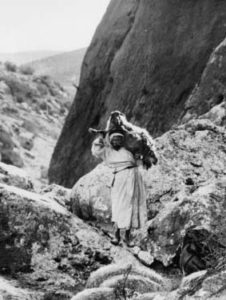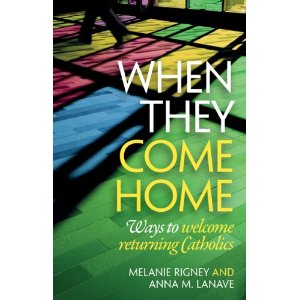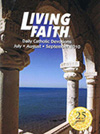Note: On Tuesdays and some Sundays, you can find me at Your Daily Tripod, owned by my friend TonyD. A longer version of the post below appears there.
I was doing some research recently for a project on midlife women, and decided it was finally time to look into Julia Cameron. You’ve likely heard of The Artist’s Way, which in the past nearly thirty years has helped millions seeking to discover or rediscover their creativity in pretty much any form. I have to confess I’ve rather studiously avoided Cameron until now, believing creativity is something we all can have all the time; it’s just a matter of not giving into the dry spells.
Still, Cameron’s a touchstone for many women my age, so I picked up a number of her books along with Sarah Ban Breathnach’s Simple Abundance and a few others. I was very analytical about what they seemed to have in common—key words, length of passages, calls to action, encouraging vs. challenging content.
But after all the other books went back to the library, the one I’ve kept and renewed to read, really read, like a reader, not a writer, is Cameron’s Faith and Will: Weathering the Storms in Our Spiritual Lives. It’s not like the other books I’d checked out, full of exercises and advice. It’s about God and us, and Cameron’s Catholic roots  come through in practically every paragraph.
come through in practically every paragraph.
When do we, like sheep, go astray? For me, anyway, it often starts with something small, something embarrassing, not criminal, that barely seems worth troubling God about. And then it grows and festers. I’m in one of those places now, trying to figure out what words I would even give to this in confession.
And in this particular struggle, I am finding much solace and, I hope, eventually, courage in reading Faith and Will. I cannot count the number of times I’ve re-read this:
Shrinking back from God, we begin to harbor secrets. We have our reservations about God—based on our feeling that God would have reservations about us. We have God in a second-class way because we are sure that to God we are second-class citizens. We lack the self-worth to see how it is that we can really have an open relationship with God. Openness implies honesty, and honesty requires a certain amount of self-respect. … Without meaning to do it, we sell ourselves short and we sell God short.
Whether or not the other project comes to fruition, I am grateful for getting that rather large cinder about Julia Cameron out of my eye. What she had to say to me personally shouldn’t have been a revelation, but it was: Like creativity, faith is something we all can have all the time; it’s just a matter of not giving into the dry spells.



{ 0 comments… add one now }